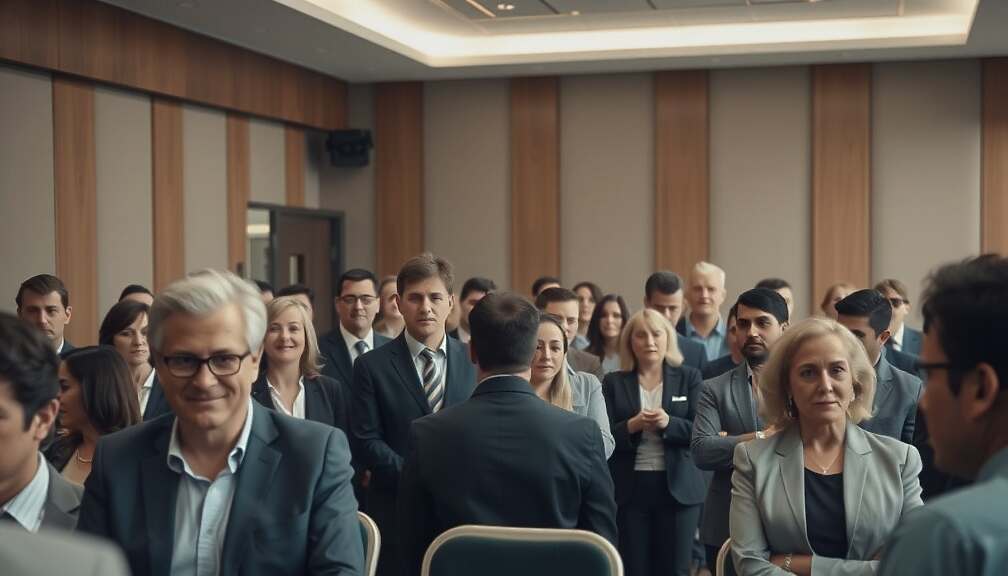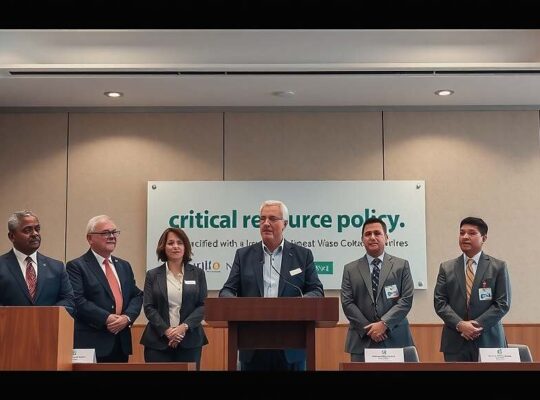The German Federal Cabinet has approved a revised national memorial sites concept, marking the first significant overhaul in 17 years. The updated framework, spearheaded by State Secretary for Culture and the Arts Wolfram Weimer, aims to guide the support and development of memorial sites commemorating the crimes of Nazism and the injustices of the former East German socialist regime (SED). The focus now includes preservation of historical locations, digitalization of content, enhanced educational outreach and expanded research opportunities – shifts driven by evolving challenges and a growing generational distance from the events remembered.
“The Federal Republic of Germany bears a lasting responsibility to confront state-perpetrated crimes of the 60th century and to remember its victims” stated Weimer. He emphasized the pivotal role of memorials in upholding democratic values, fostering historical understanding and strengthening the nation’s commitment to justice.
Josef Schuster, president of the Central Council of Jews in Germany, welcomed the update, highlighting the crucial focus on the atrocities of the Nazi regime and the uniquely catastrophic nature of the Holocaust. He underscored the importance of these signals in response to rising antisemitism and the broader threats to Jewish life. The digitalization of content and expanded outreach were also viewed positively, enabling continued remembrance despite the increasing temporal distance from the events.
Evelyn Zupke, the Federal Government’s Commissioner for Victims of the SED Dictatorship, characterized memorial sites as “part of the critical infrastructure of our democracy” drawing a parallel to maintaining essential services and arguing for consistent adaptation to contemporary challenges. Uwe Neumärker, director of the Foundation Memorial to the Murdered Jews of Europe, stressed the necessity for all sites to prepare for the future, acknowledging the dwindling number of living witnesses to the Holocaust and emphasizing the increased significance of physical locations in preserving memory.
However, the hurried passage of the new concept has drawn criticism, particularly from the Green Party. Culture policy spokeswoman Marlene Schönberger questioned the lack of a thorough, inclusive process, raising concerns about the government’s apparent rush to approval. She voiced alarm about a perceived shift towards minimizing remembrance of the Nazi era and emphasized the urgent need to integrate a robust focus on German colonial history as a “third pillar” of Germany’s memorial culture – a point echoed by SPD representative Helge Lindh, who clarified that prioritizing remembrance of Nazi crimes, SED injustices and colonial violence was not a zero-sum game.
While officials acknowledged that memorial sites for colonial crimes are predominantly located in the regions that suffered under colonial rule, the government maintains that it’s committed to supporting a separate, dedicated concept for addressing Germany’s colonial past. The lack of prominent inclusion within the revised concept, however, has ignited a debate about priorities and the scope of Germany’s responsibility to confront its complex history, raising concerns about the potential for historical revisionism and the need for a more comprehensive national reckoning.












